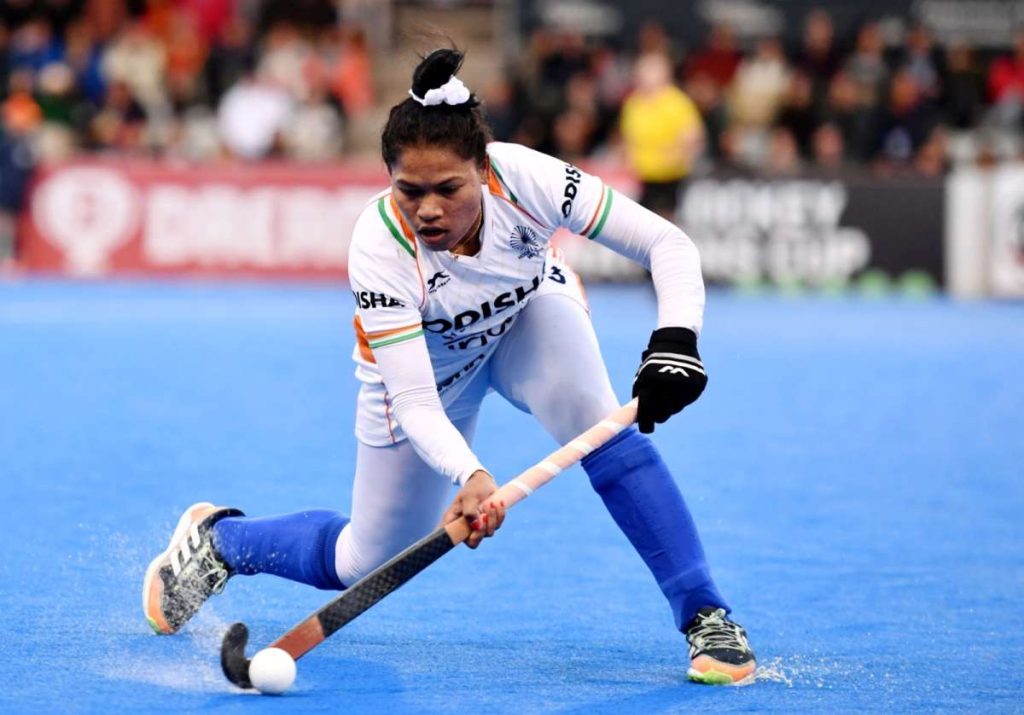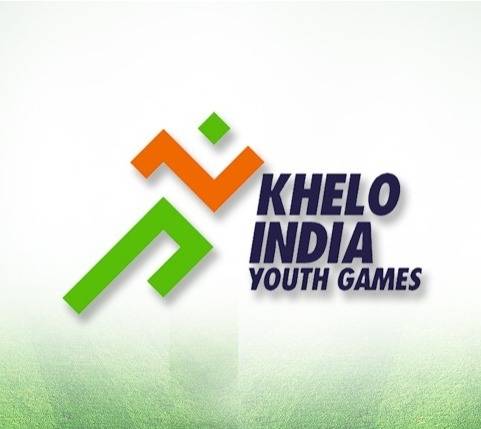Khelo India has brought about a revolution in the Indian sports ecosystem. It has brought about several positive changes and advancements that have had a transformative impact on sports development in the country
To properly nurture its sports talents, India has been taking lots of initiatives and Khelo India is one such effort. The Khelo India initiative, the central government’s flagship scheme for the development of sports, has been playing an instrumental role in promoting sports culture in the country since its inception in 2018.
The ongoing Khelo India University Games 2022 is the latest edition being organised under the Khelo India banner. Inspired by the ideologies of Kaushal, Neeti, and Dhairya, the games officially began on May 25 till June 3, 2023, in various cities of Uttar Pradesh.

The mascot of the Games is named Jitu, which represents Swamp Deer (Barasingha) – the state animal of Uttar Pradesh, reported news agency PTI. In a statement released by the Ministry of Youth Affairs and Sports, more than 4000 athletes from around 200 Indian universities are competing in 21 sporting disciplines at the games. In addition, for the first time, rowing will be a part of the Khelo India University Games, reported DD India.
Khelo India has brought about a revolution in the Indian sports ecosystem. It has brought about several positive changes and advancements that have had a transformative impact on sports development in the country.
India, in the last few years, has made steady progress in the field of sports. This tremendous potential needs to be showcased at a global platform. A major advantage of the initiative is that it has placed a strong emphasis on grassroots sports development. This focus on grassroots development has helped identify and nurture young talent from diverse backgrounds, creating a strong talent pool for the future.
The Khelo India initiative has led to significant improvements in sports infrastructure across the country. It has facilitated the construction and renovation of stadiums, sports complexes, training centres, and playing facilities, providing athletes with world-class facilities to train and compete.
Additionally, the initiative places a special emphasis on indigenous games, which has led to a sharp increase in the popularity of India’s traditional sporting disciplines like Gatka, Thang-Ta, Mallakhamb, Kalaripayattu, and Yoga.
As pointed out by Indian Minister Anurag Singh Thakur, “2500 youngsters are being supported with Rs. 6.28 lakhs annually under the scheme and being identified to represent India at international competitions. Successful athletes are further being inducted into TOPS for higher levels of training.”
Various schemes have been launched by the government to support budding sportsmen and efforts have been put in to strengthen the sports ecosystem in the country, it said and added that the organisation of Khelo India University Games is another step in this direction.
The closing ceremony of the Games will be held in Varanasi on June 3.

